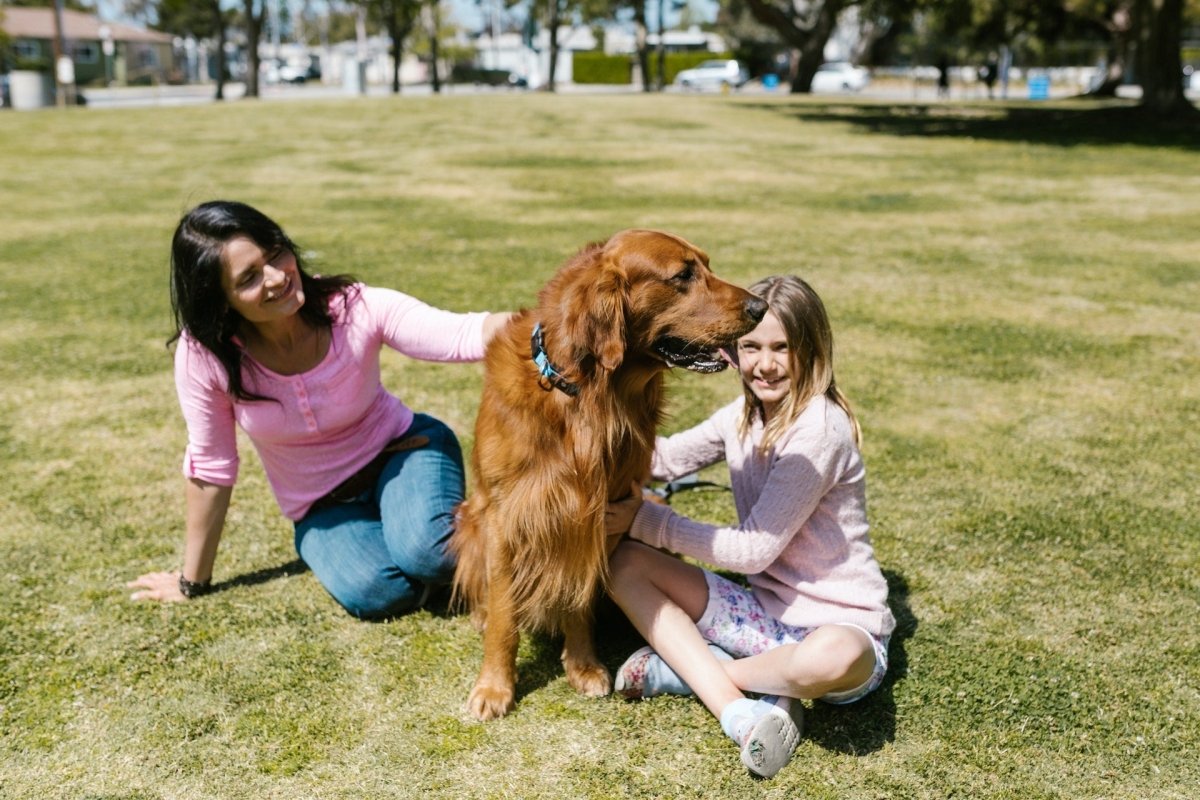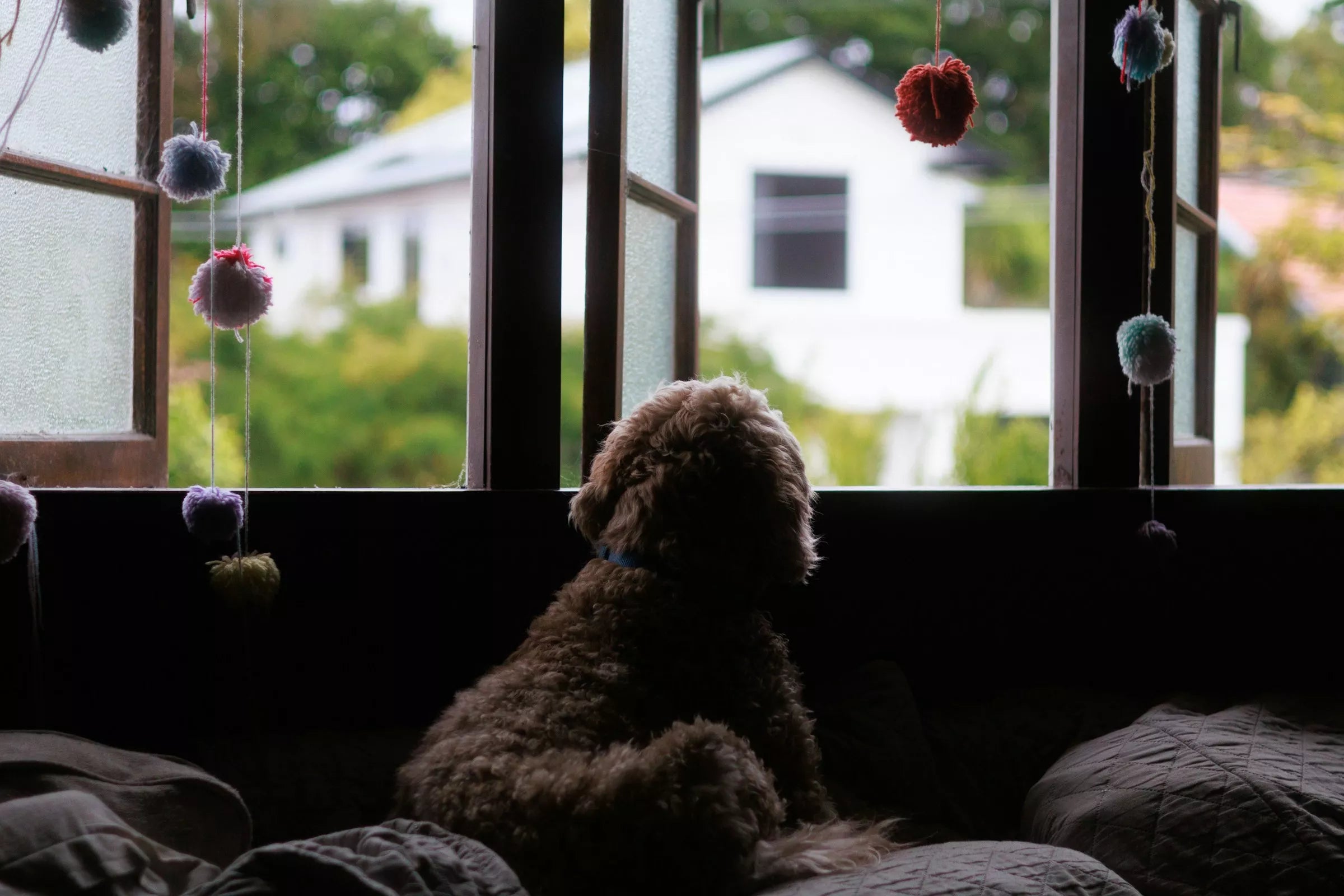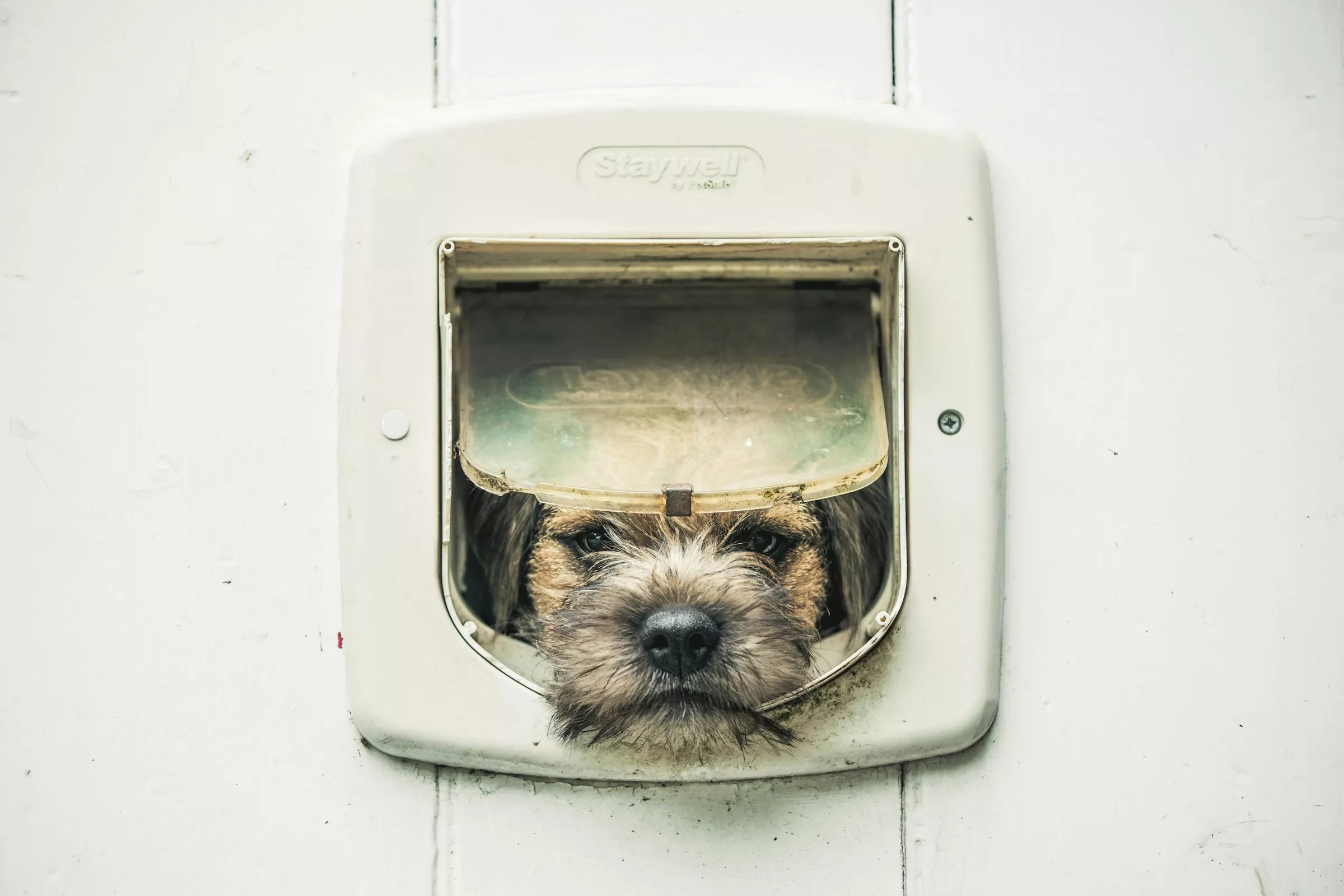Introduction
Dogs are more than just pets; they are members of our families. As canine parents, it's important to provide our furry family members with the love, care, and attention they need to thrive. In this article, we'll discuss some tips and tricks for being a good parent and ensuring that your furry companion lives a happy and healthy life.
1. Choose the Right Canine Companion
When choosing a canine companion, it's important to consider your lifestyle and needs. Some breeds require more exercise and attention than others, while some are better suited for apartment living. Research different breeds and their characteristics to find the perfect furry friend for your family.
2. Create a Safe and Comfortable Environment
Just like humans, dogs need a safe and comfortable environment to thrive. Ensure that your furry family member has a comfortable bed, plenty of toys, and a designated area for meals and playtime. Make sure your home is free from hazards such as toxic plants or sharp objects that your canine companion could accidentally ingest.
3. Provide a Nutritious Diet
Proper nutrition is essential for your furry family member's health and well-being. Consult with your veterinarian to determine the best diet for your canine companion based on their breed, age, and activity level. Make sure to provide fresh water at all times and avoid feeding your furry friend table scraps or unhealthy treats.
4. Exercise and Playtime
Physical activity is crucial for your canine companion's health and happiness. Make sure to provide regular exercise and playtime, whether that's a daily walk or a game of fetch in the backyard. Not only will it keep your furry family member physically fit, but it will also strengthen the bond between you and your furry friend.
5. Training and Socialization
Training and socialization are essential for a well-behaved and happy canine companion. Enrol your furry family member in obedience classes to learn basic commands and proper behaviour around other dogs and humans. Socialize your furry friend with other dogs and people to prevent anxiety and aggression.
6. Regular Veterinary Check-Ups
Regular veterinary check-ups are crucial for your furry family member's health. Schedule annual exams and vaccinations, and be sure to monitor your canine companion for any changes in behaviour or health issues. Early detection can lead to more successful treatment and a longer, healthier life for your furry friend.
7. Love and Affection
Last but not least, love and affection are essential for being a good dog parent. Show your furry family member affection and attention regularly, whether that's through belly rubs or snuggling on the couch. A little bit of love goes a long way in strengthening the bond between you and your furry friend.
Conclusion
Being a good dog parent involves providing a safe and comfortable environment, a nutritious diet, regular exercise and playtime, training and socialization, regular veterinary check-ups, and plenty of love and affection. With these tips and tricks, you can ensure that your furry family member lives a happy and healthy life.
FAQs
How often should I take my canine companion to the veterinarian?
- It's recommended to schedule annual exams and vaccinations, but if you notice any changes in behaviour or health issues, schedule a check-up with your veterinarian right away.
- It's best to avoid feeding your canine companion table scraps or unhealthy treats, as they can cause weight gain and health issues.
- The amount of exercise your canine companion needs depends on their breed, age, and activity level. Consult with your veterinarian to determine the best exercise routine















Share:
5 Proven Ways to Stop Your Dog From Begging For Food
Why You Shouldn't Yell at Your Dog